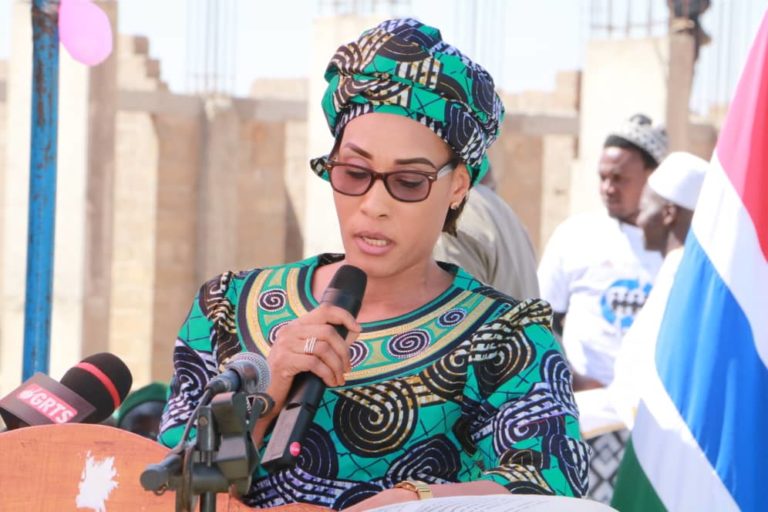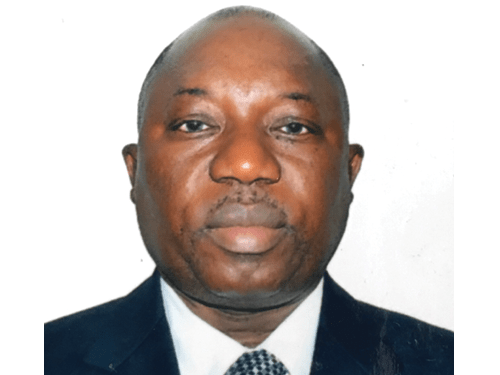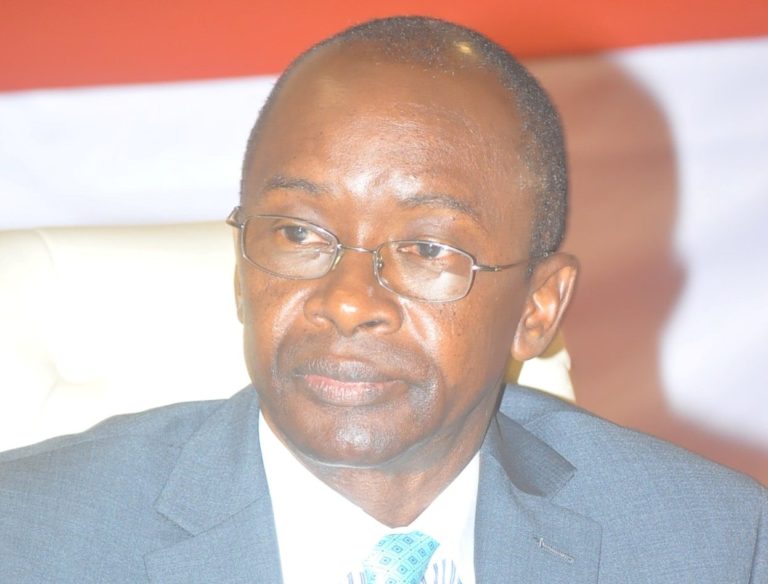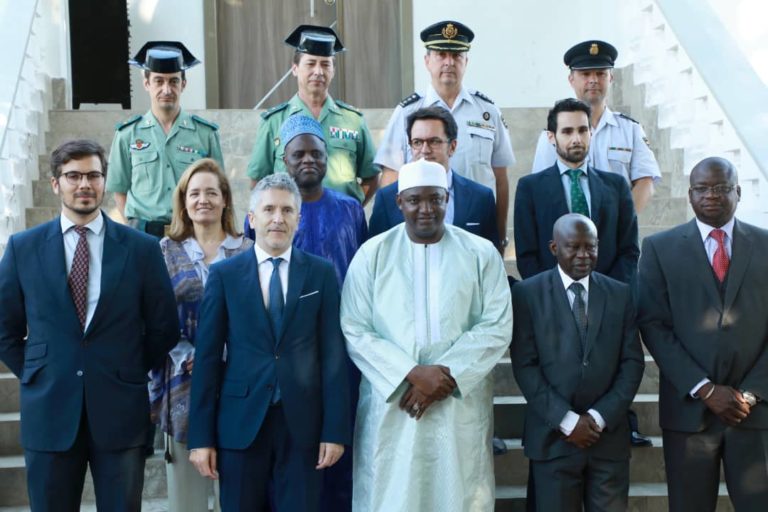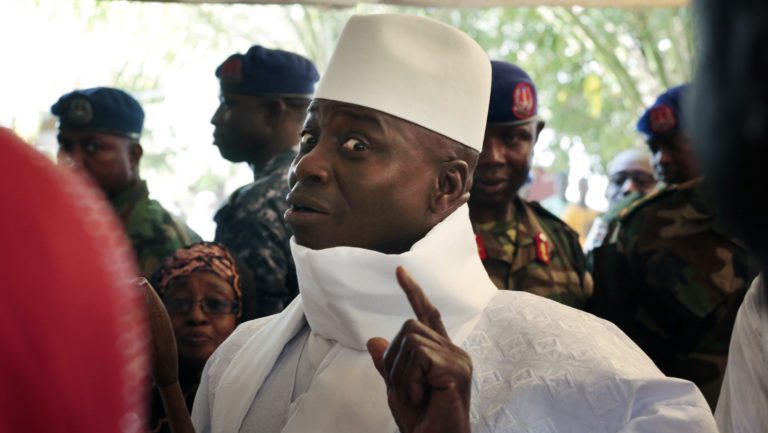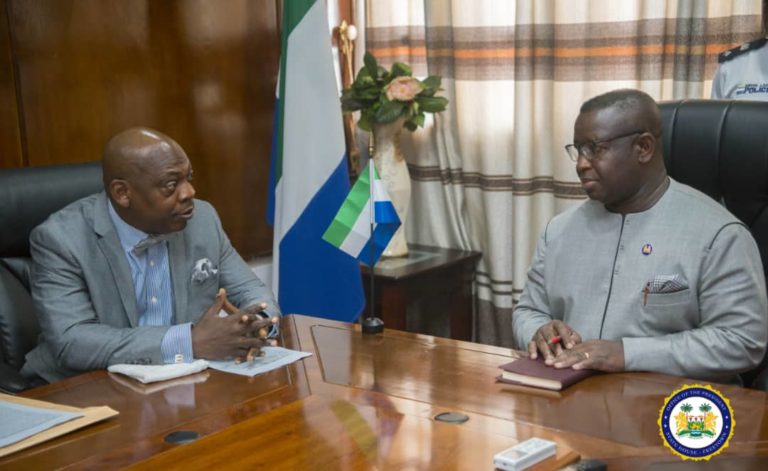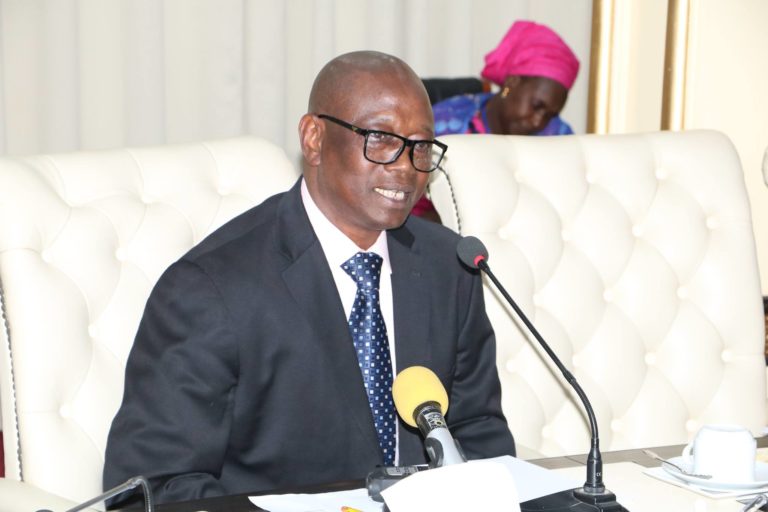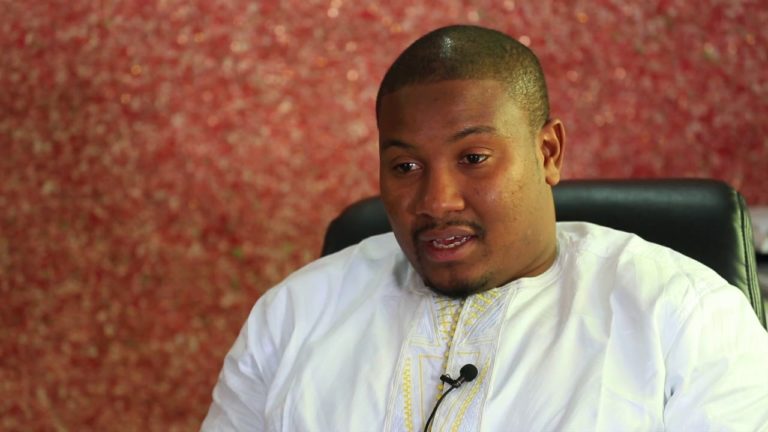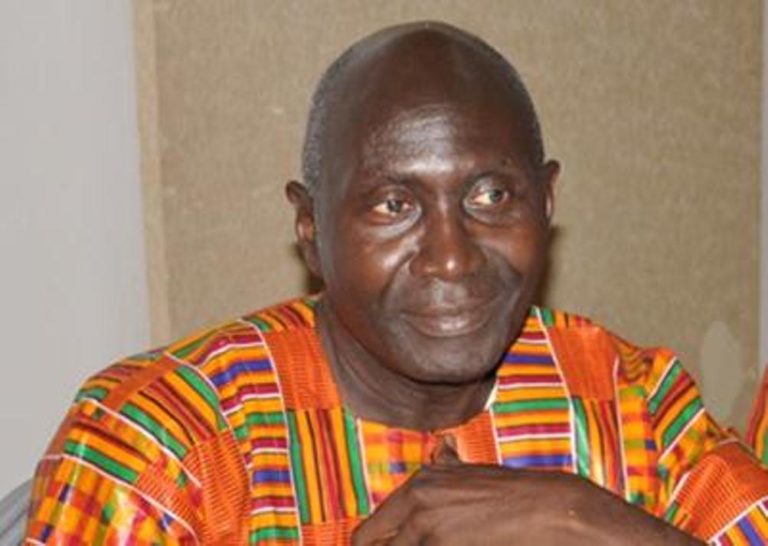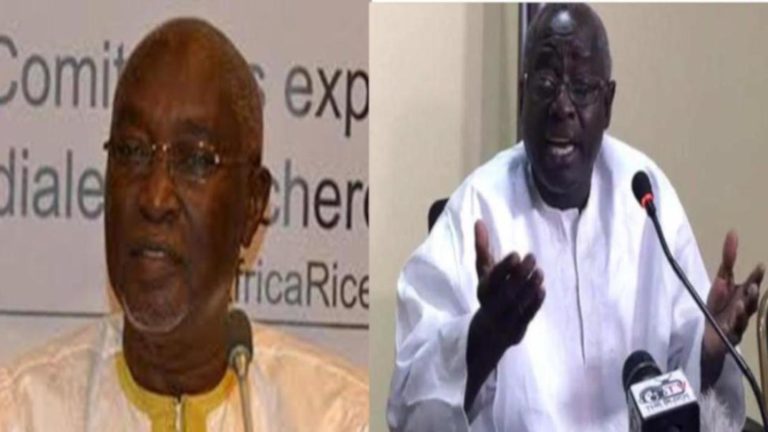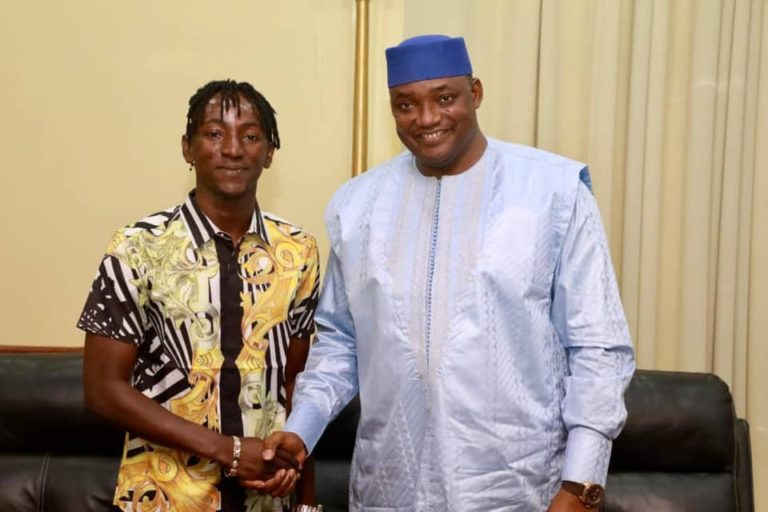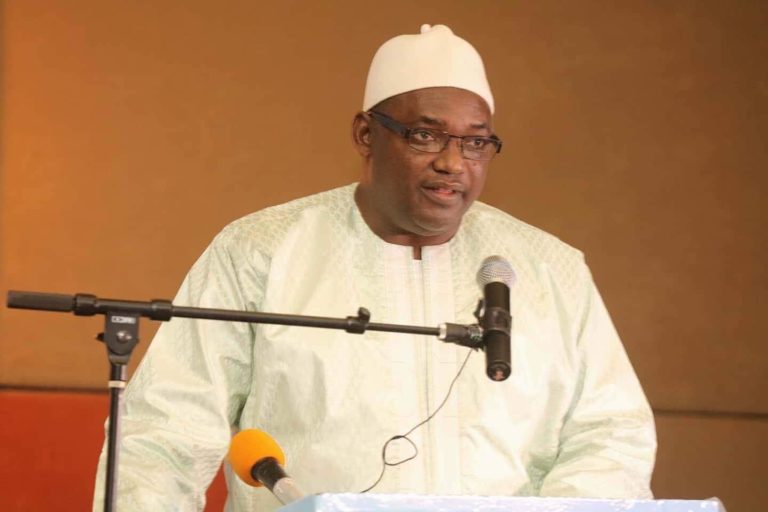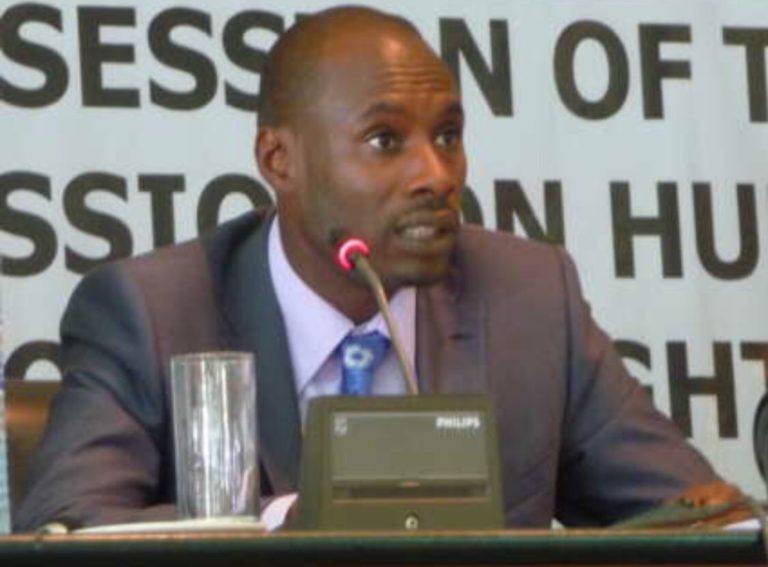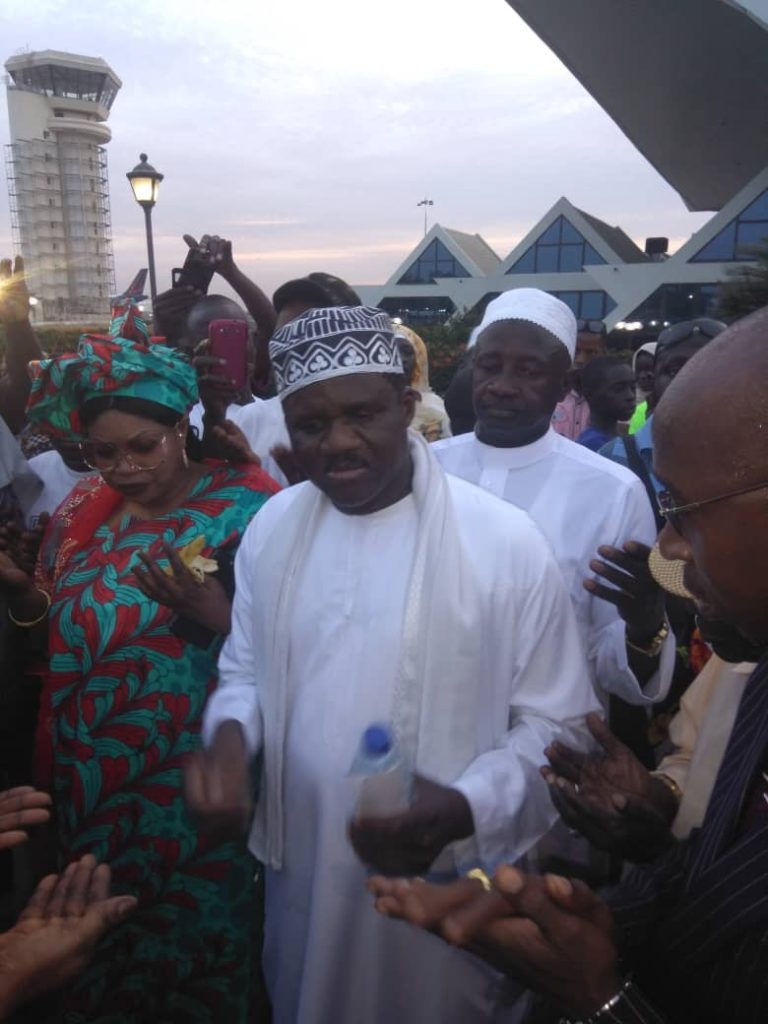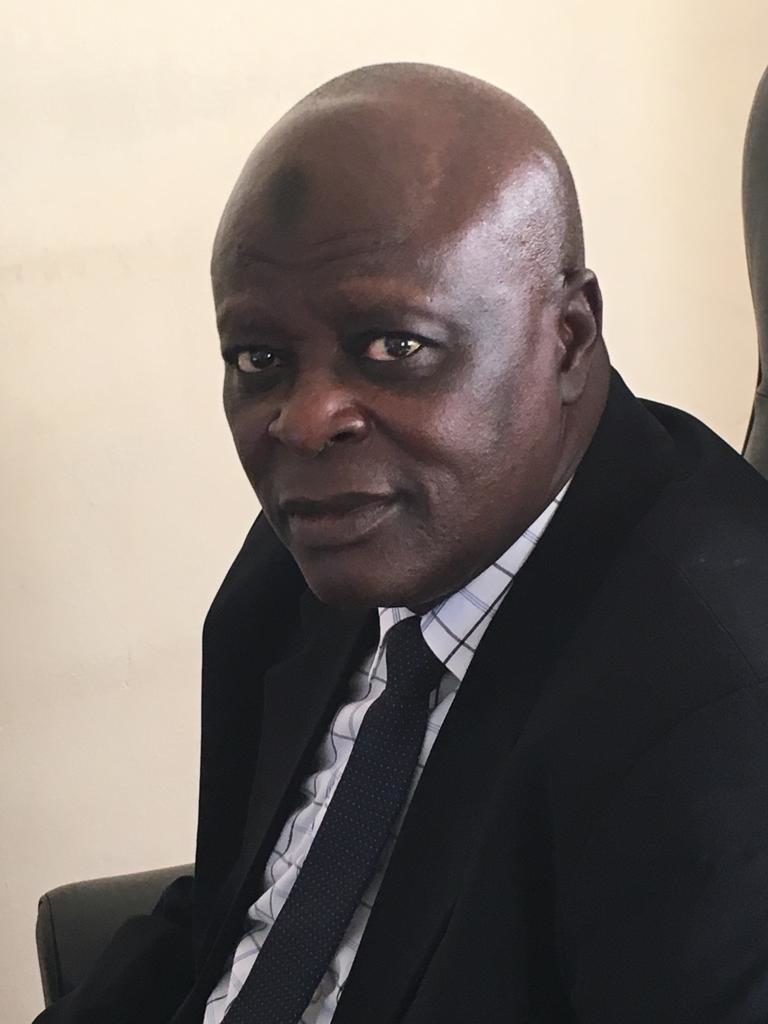By Lamin Njie
Former secretary general Momodou Sabally on Thursday took a swipe at the chairman of the Constitutional Review Commission for saying that Gambians have lost faith in government.
CRC chairman Cherno Jallow told journalists at a press conference on Wednesday that “it is an understatement to say that Gambians generally have lost faith in government – and that is any government.” His comments have drawn him flaks.
Former secretary general and head of the civil service Momodou Sabally tackling Mr Jallow in a letter titled, ‘On Faith in Government and Related Matters: Epistle to the Chairman, CRC,’ wrote: “My Lord, Most Respected Justice of our Supreme Court,
“I submit the following address to you with respect. The submission is in relation to your recent statement that “Gambians generally have lost faith in government”. You were quick to diffuse the inherent innuendo in that statement by generalising that utterance but the accusation and insidious condemnation in that flagrant statement is just too obvious.
“I wish I could have submitted to you a more genial address but you have confirmed my suspicions about you and your ilk who have been trusted and thrusted unto our national governance re-calibration process despite the fact that you have turned your back on this country virtually pretending that there was no country called The Gambian during the last two decades. My angst about such attitude against our country was amply presented in my essay entitled “The Great Retreat”.
“But if you have been given an opportunity to come and serve despite your past nonchalance about our nation, the least you can do is to think and act in a manner that is fair, honest and sincere.
“Indeed, I have been suspicious about the inner intentions of a lot of the “new comers” on the scene. And by “new comers” I do not refer to those who were in active opposition to the past status quo, for they have all earned my respect even if I may have been on the opposite end of the political spectrum. By new comers, I refer to those who were either sitting on the fence or completely took a break/retreat from national affairs, totally giving up on our country because of one man.
“Your case has been a bit more sanguine because I heard some very positive personal testimonies about your integrity and sense of fair play; but your statement which I read on the Fatu Network practically condemning our government is definitely uncalled for and I deem it an attack on our governance framework that could be detrimental to the progress we yearn for in our new democracy-building project.
“But why should I be surprised that such a statement is coming from your end? Truly the way and manner you and your team have been conducting the constitutional review process has gotten many independent observers concerned/worried about the outcome of your work.
“Your series of ‘bantaba’ meetings that is loosely coordinated and conducted with “leading questions/questionnaires” has given some of us the impression that those at the helm of the Constitutional Review Commission just might have their own predetermined outcomes for our envisaged new constitution and are proceeding in a determined way to ensure that their preferred outcome is served on the national menu in such a careful way that the hungry innocent public would have no choice but to take what they are served.
“In view of the foregoing and knowing the vested interests already lined up, the concerned voices referred to above now fear a potential brexit-type situation in our upcoming referendum. Will you lead us to such a terrible situation?
“My Lord, the main challenge your commission is facing is communication. The messages coming from your consultation process have been incongruent and sometimes out right misleading. For instance your statement that “Gambians do not trust the educated class” is at odds with the general message we have received from your end about what level of academic qualification should be a requirement for those aspiring to become President. Or is this a case of your own biases and prejudice overriding the general views of the public you have consulted?
“Lest I lose track, my Lord, let me zero in on my refutation of your thesis/verdict on the relationship between our government and the governed.
“If you surmise that the people have lost faith in government, are you not the face and body of that government? You have toured the country in a black Pajero with a vanity number plate and what do you think? Don’t you know that the very way and manner you presented yourself to the people (especially the rural folks) has made them to view you as part and parcel of that government you are talking about? If you can come in as chairman of a 2-year commission and get yourself a brand new Pajero worth roughly D3million; what moral authority do you have to re-echo the public’s supposed lack of faith in government, knowing very well that some of those misinterpreted grievances is about the non-judicious use of public resources?
“There is information out in the public that you and your team at CRC are to embark on an overseas tour supposedly to consult Gambians abroad at a huge cost to the tax payer. Didn’t we have enough Gambians from the diaspora on vacation here from November to date? Couldn’t you and your team have gathered a statistically significant sample from these visitors to consult them on the constitution? The proposed trip is what we call in classic government parlance “per diem mongering”. If you and your team, the current ubiquitous face of government, are so intent on a cash splurge at a time when budget concerns are critical in The Gambia, why wouldn’t the people ‘lose faith’ in government?
“My Lord, I take exception to your accusation-cum-verdict, and submit that The Gambian people still have faith in their government, imperfect as that government may be. And truly there is no perfect government in this world; not even the ones you were serving prior to your current role in the very government you have just condemned.
“The recent Afro Barometer survey, came out with very interesting conclusions and any fair-minded analyser of the outcome of that survey would definitely disagree with your observations coming out from your costly ‘raba-raba ’ CRC consultation tour. The broad outcome of the said survey showed that Gambians have faith in their government despite qualms about some governance issues. Your duty is to help us to a get a document that would improve our governance infrastructure, not to go on a negative PR campaign to undo what we have as at now.
“I do hope, my Lord, you would consider my address with a view to review your verdict on our government, and make a new ruling to absolve the government of your previous indictment.
“I submit the foregoing, with due respect, and therefore, I rest my case.”
Meanwhile the head of communication at the CRC Sainey Marenah told The Fatu Network editor on Thursday the CRC chairman was ‘misquoted’ by the online news media and that they were preparing a statement.

